Need help with fall schedule/over seeding
jkhdawg
9 years ago
Related Stories

GARDENING GUIDESGarden Myths to Debunk as You Dig This Fall and Rest Over Winter
Termites hate wood mulch, don’t amend soil for trees, avoid gravel in planters — and more nuggets of garden wisdom
Full Story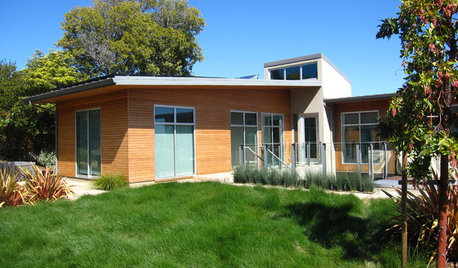
GARDENING GUIDESHow to Plant a New Lawn From Seed
Choose from more grass varieties and save money over sod by starting your lawn from seed
Full Story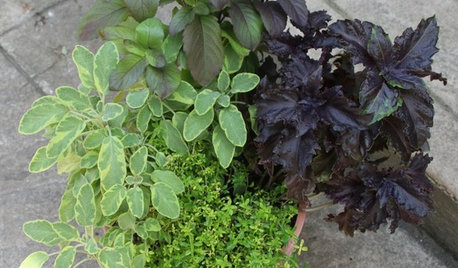
CONTAINER GARDENS8 Easy Container Plants to Grow From Seed
Get beautiful blooms and herbs in summer by starting these choice garden picks from seed in spring
Full Story
LIFEYou Said It: ‘Put It Back’ If It Won’t Help Your House, and More Wisdom
Highlights from the week include stopping clutter from getting past the door, fall planting ideas and a grandfather’s gift of love
Full Story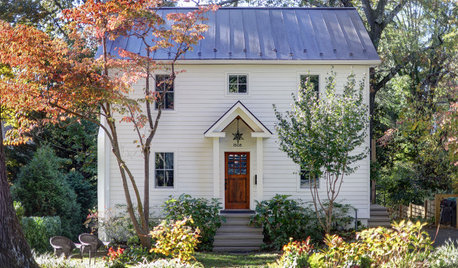
FALL GARDENINGMake This Fall’s Garden the Best Ever
Learn the most important tip for preventing buyer’s remorse, plus get more valuable buying and planting advice
Full Story
BATHROOM WORKBOOKStandard Fixture Dimensions and Measurements for a Primary Bath
Create a luxe bathroom that functions well with these key measurements and layout tips
Full Story
LIFE12 House-Hunting Tips to Help You Make the Right Choice
Stay organized and focused on your quest for a new home, to make the search easier and avoid surprises later
Full Story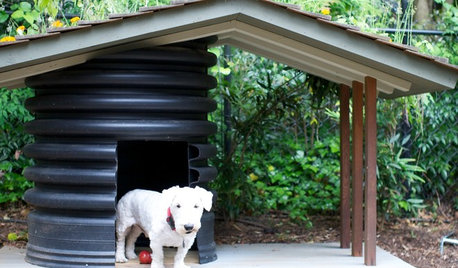
PETSHow to Help Your Dog Be a Good Neighbor
Good fences certainly help, but be sure to introduce your pup to the neighbors and check in from time to time
Full Story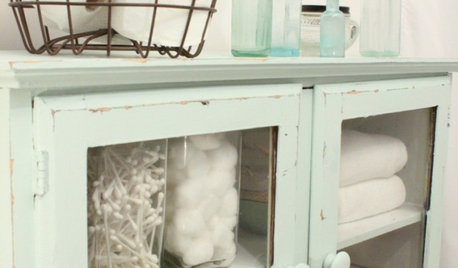
LIFEDecluttering — How to Get the Help You Need
Don't worry if you can't shed stuff and organize alone; help is at your disposal
Full Story





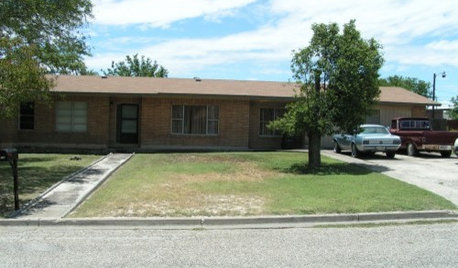
dchall_san_antonio
jkhdawgOriginal Author
Related Professionals
Maple Valley Landscape Architects & Landscape Designers · Fort Lee Landscape Architects & Landscape Designers · Glen Ellyn Landscape Architects & Landscape Designers · Winder Landscape Architects & Landscape Designers · Americus Landscape Contractors · Dallas Landscape Contractors · Del Aire Landscape Contractors · Hayward Landscape Contractors · Leicester Landscape Contractors · Lexington Landscape Contractors · Melrose Landscape Contractors · Pleasant Prairie Landscape Contractors · Pompano Beach Landscape Contractors · View Park-Windsor Hills Landscape Contractors · Yuba City Landscape Contractorsdchall_san_antonio